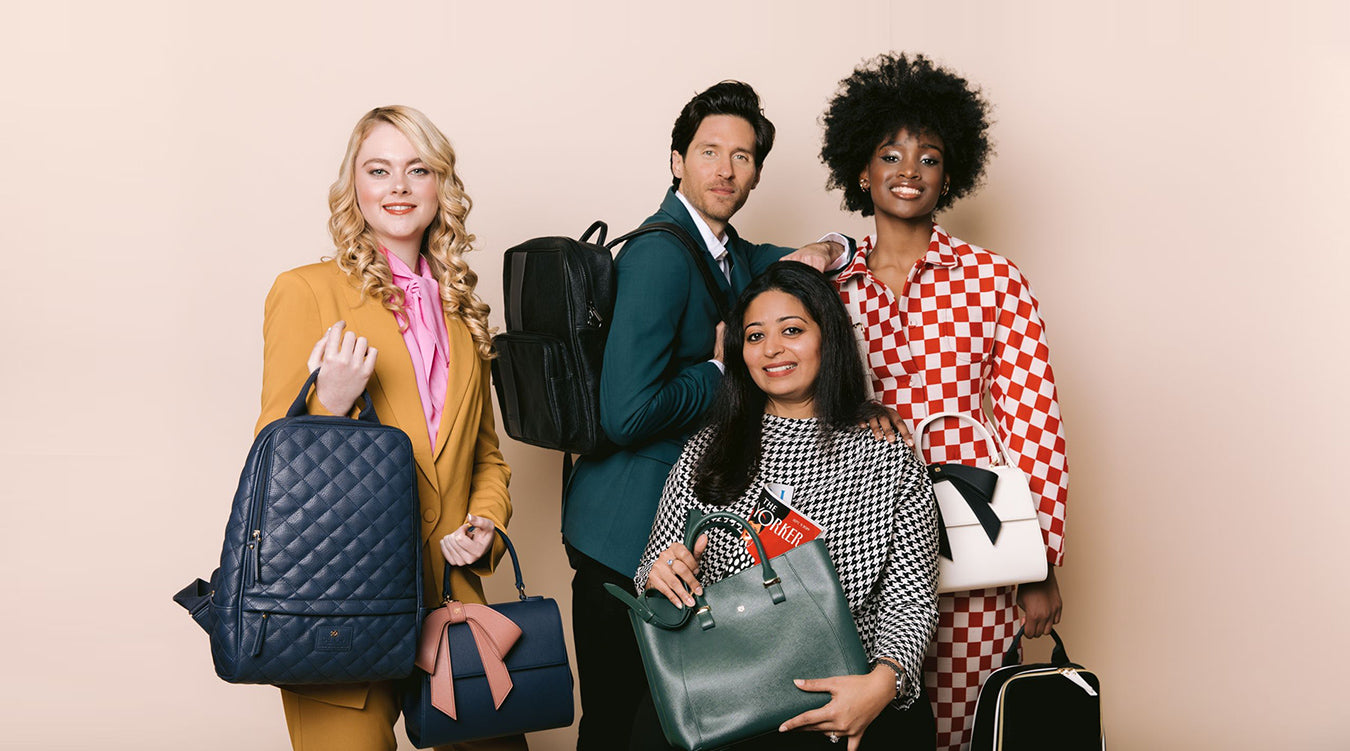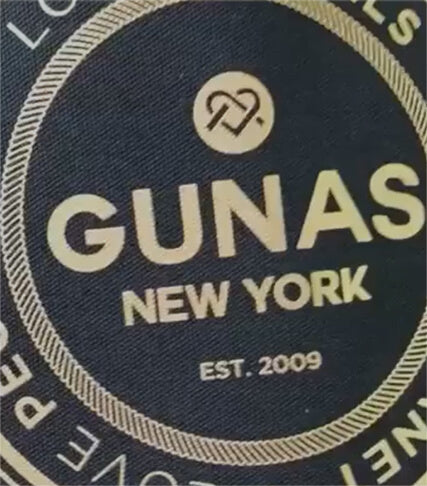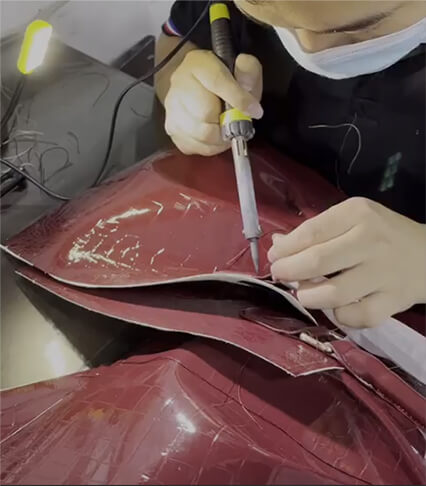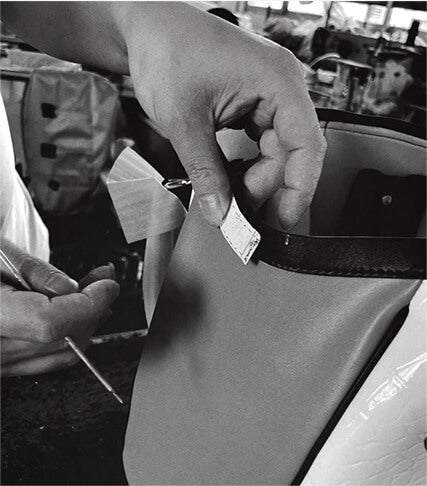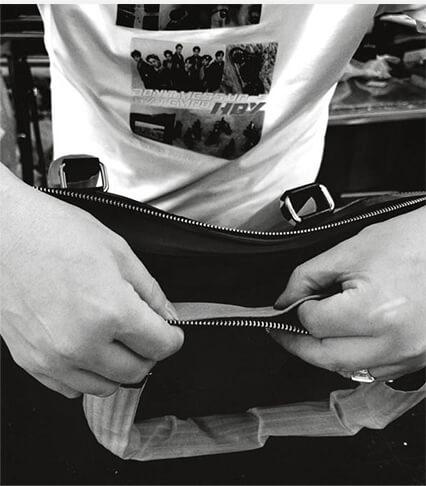Manufacturing & Materials
We believe luxury vegan products can sublimate your life especially when they’re sustainably made.

We believe luxury vegan products can sublimate your life especially when they’re sustainably made.

Mission is strong and clear. Animals are NOT meant to be a part of fashion. We can look and feel good without harming other living beings. We need to connect ourselves with what goes on behind the scenes and question our actions and their impacts. GUNAS is the ultimate symbol of luxury in conscious fashion. Intentionally vegan, it’s practical silhouettes with vibrant colors form the core of the brand’s spirit.
The brand illustrates the most rebellious and seductive core of contemporary femininity. Get ready to discover beautiful luxury handbags made without any compromises.
We choose premium materials and designs that stand the test of time. Our products feel nicer and last longer, on purpose.
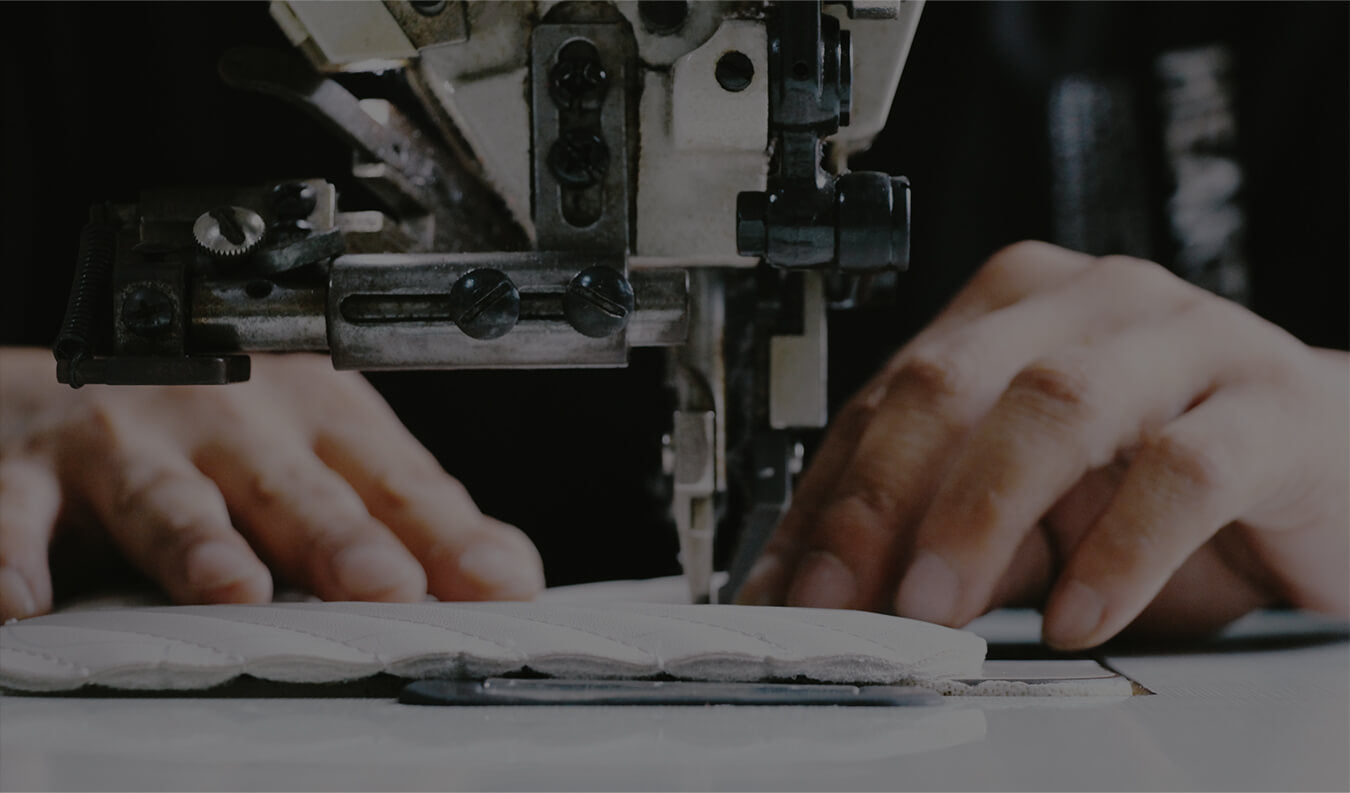
We never cut corners when it comes to quality, sustainability or fair manufacturing practices. Our prices stay low because we avoid the expenses of the traditional supply chain, including sourcing agents, warehousing, wholesaling, distribution and storefront retail.


Affordable products shouldn't come at the cost of worker exploitation. We only partner with factories who meet or exceed global guidelines for workplace safety and equitable wages.
It is expressed in CO2 equivalent (CO2e) and includes carbon dioxide (CO2)— the gas most commonly emitted by humans — and other gases (CH4, N2O & fluorinated gases) which trap heat in the atmosphere, causing global warming
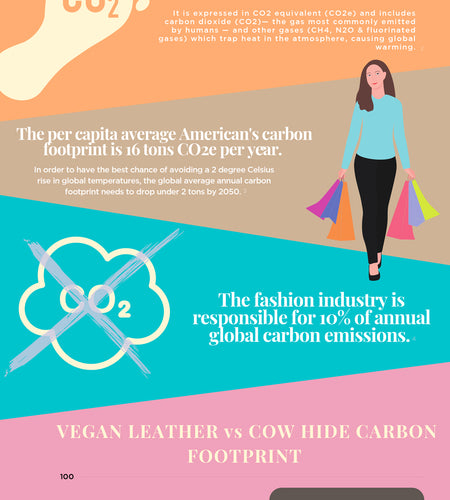
we're exploring exciting new ways to minimise waste and contribute to a circular fashion economy. Our recycled collections take previously used materials and use them in accessories to wear and love for a lifetime. We introduced GUNAS bags crafted using recycled materials.
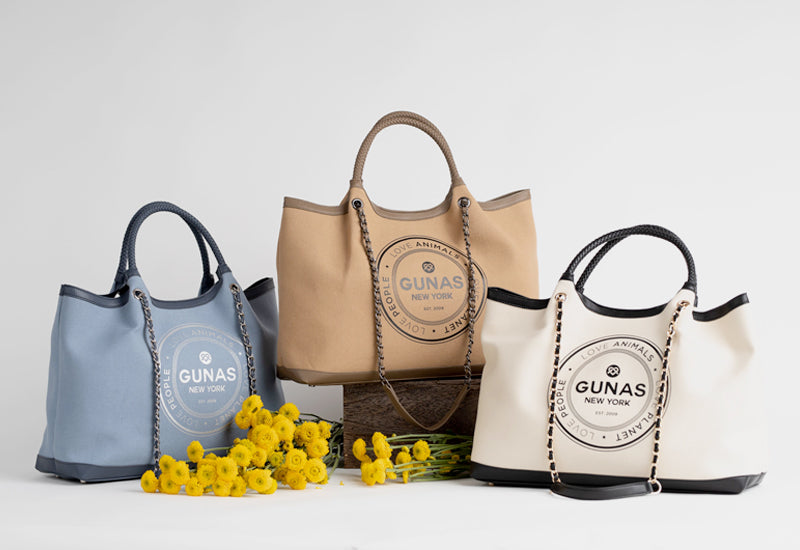
The process of producing microfiber fabrics begins by melting down polyester and polyamide pellets in separate vats. At this stage the liquid polyester and polyamide vats are pushed or extruded simultaneously through jet moldings that contain seventy-two pie-shaped segments.
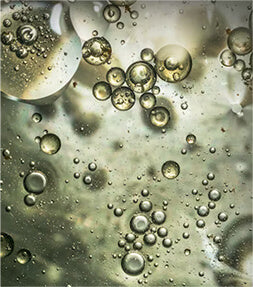
Firstly, the small size of microfibers means they have to be extruded via a long metal tube.
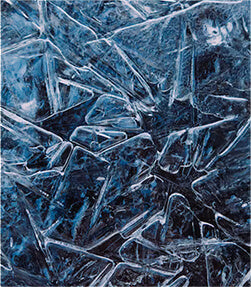
Next, the resulting polyester fibres are allowed to cool beforethey are melded with miniscule polyamide strips using heat.
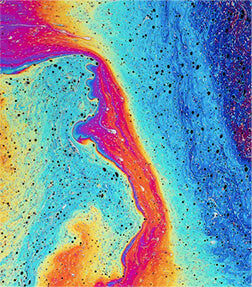
Then, microfibers will often be dyed or subject to chemical treatments that improve heat resistance or provide other desirable qualities
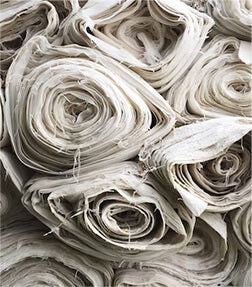
Finally, completed microfibers are woven into long sheets of fabric
Giving used plastic a second life. Recycled plastic taken from landfill, our innovative material is both durable and machine washable.
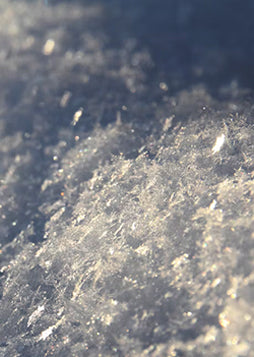
Plastic bottles are saved from landfills, cleaned, and shredded into chip forms.
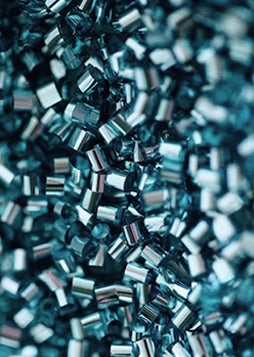
Through a thermal dissolution process, the flakes are turned into small plastic pellets.
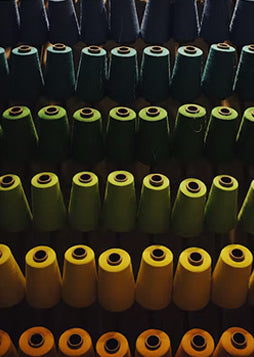
The pellets are then melted and spun into yarns before being woven into fabrics to make the perfect bags for your every day.
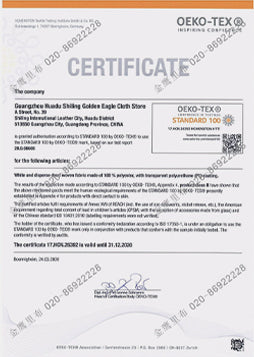
White and disperse dyed woven fabric made of 100% polyester, with transparent polyurethane (PU) coating.
Metals can be recycled repeatedly without altering their properties. According to the American Iron and Steel Institute (AISI), steel is the most recycled material on the planet. The other highly recycled metals include aluminum, copper, silver, brass, and gold.
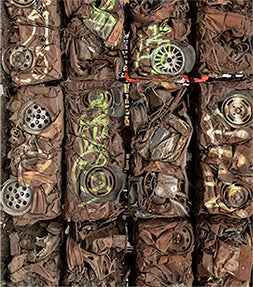
The mixed multi-material waste stream. In automated recycling operations, magnets and sensors are used to aid in material separation.
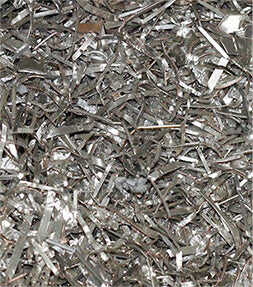
To allow further processing, metals are shredded. Shredding is done to promote the melting process as small shredded metals
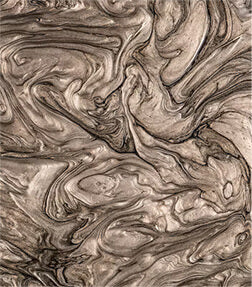
Scrap metal is melted in a large furnace. Each metal is taken to a specific furnace designed to melt that particular metal. A considerable amount of energy is used in this step.
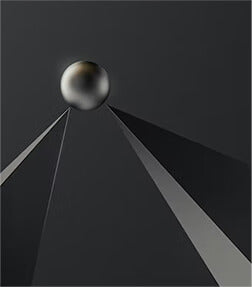
Purification is done to ensure the final product is of high quality and free of contaminants. After purification, melted metals are carried by the conveyor belt to cool and solidify the metals.
GUNAS New York creates MulbTex out of mulberry leaves. A process that's been used in Korea for centuries now. The leaves of the plant are pulped to make paper, which is then compressed and laminated over cotton canvas, and glazed with tree sap to have the texture of leather and also become water-proof.
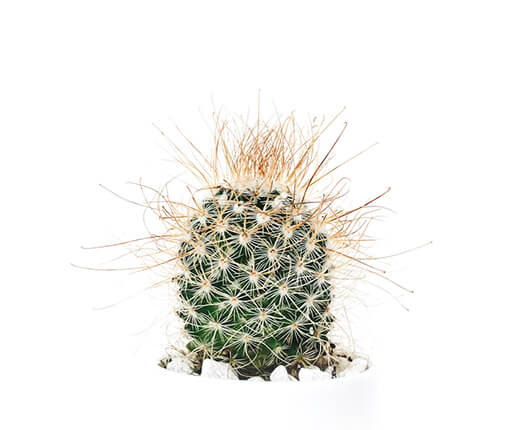
Given that the alternative to leather suspiciously dubbed "vegan leather" is literally just plastic, cow leather still wins out on longevity and waste-reduction. It is also flexible, breathable, and durable, making it an ideal replacement for animal and synthetic leather. The touch and feel of the material are also soft and very similar to real leather. The product is also highly sustainable with a lower carbon footprint than other leather alternatives.
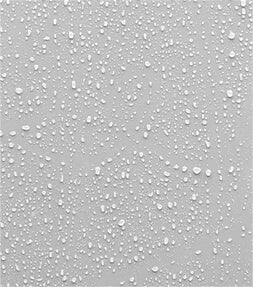
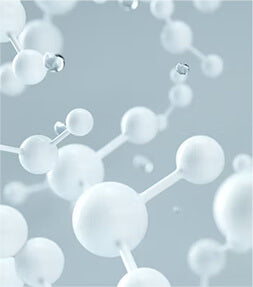
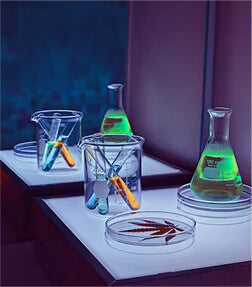
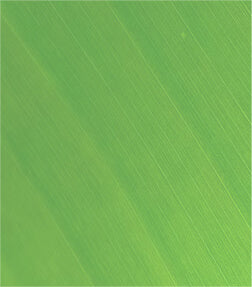
At GUNAS, we believe in buying less and enjoying longer. The process of sustainability that starts with us as a brand creating considered, timeless pieces that are built to last, and ends with you, caring for them for years to come. Our preferred fibers and materials are ecologically and socially progressive to align with the UN global sustainability goals and standards. From utilizing low-waste cutting methods, empowering and upcycling leftover materials to using OEKO-TEX® certified non-toxic dyes, sustainability is at the heart of everything we create.
While we don't use any leather or animal derived ingredients in our manufacturing, we do have to rely on synthetics. While some may argue that microplastics leached from synthetic materials are a hazard to the environment, we'd like to point out that it's a case of worry mostly with apparel largely due to the fact that they are washed regularly and the water released from this process will get polluted with microplastics. This, however is not the case with handbags as you won't be washing them. This is a perfect use of technology instead of an overuse.
Each GUNAS bag is handmade with love from artisans around the world. Depending on the craft capability and design requirements we carefully handpick factories in Korea, India, China and Europe. Explore our preferred fibers, packaging, and practices below.
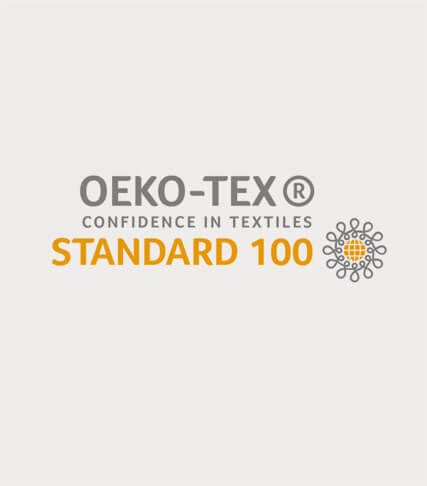
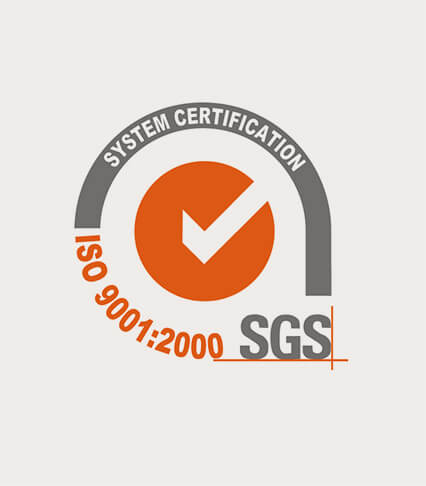
Microfiber is the strongest alternative fabric available to replace leather. Used in several other industries such as airports, hospitals, Navy, hotels, it is known for its rugged use and versatility in available textures. We chose Microfiber vegan leather over PVC and polyurethane (PU) due to its natural long lasting nature so you can enjoy your bag for many years.
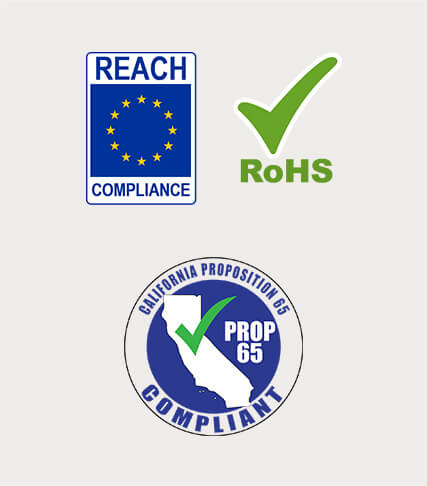
Sourced directly from Mexico, by the makers of Desserto, our Cactus leather bags are a beautiful addition to our plant based fashion collection. Desserto is a sustainable, cactus based biomaterial often distinguished by its great softness at touch, performance and rigorous quality while complying with environmental standards of the industry. It is PVC free, DMF free, heavy metals free and humidity resistant. We chose to work with cactus as it literally requires no water for irrigation or chemicals and pesticides for cultivation. Cactus is a natural carbon sink and has great CO2 sequestering capacity.
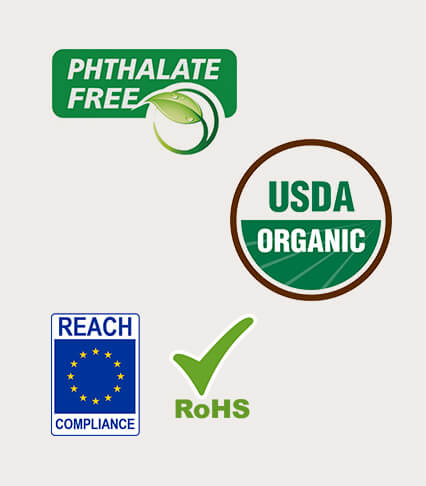
Our hang tags are made from recycled paper and our polybags are sourced from a REACH compliant manufacturer. We are committed to making a switch to corn based poly bags by 2025. It is our top priority to reduce as much packaging waste as possible. Since our bags are crafted overseas, we do have to rely on ocean shipment for transporting our handbags from the factories to the US. In order to provide the best protection during transit over the ocean, we have to provide some amount of packaging which is unavoidable.
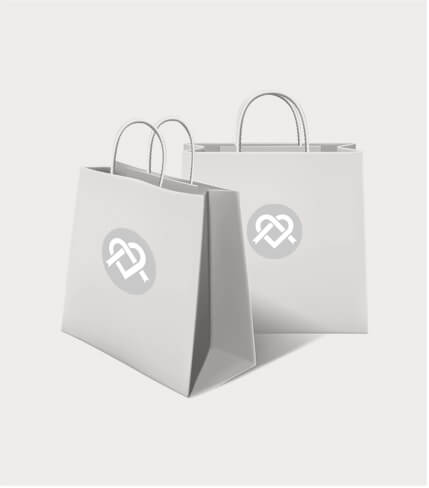
Our design team worked closely with textile partners to develop a brand-new fabric exclusive to GUNAS. Each style has a luxe hand feel and a design story you can feel (really) good about.
